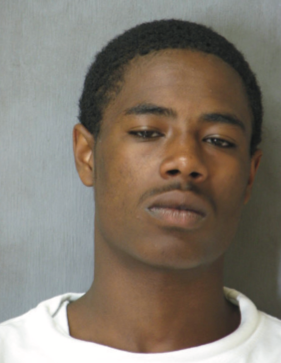A DC Superior Court judge modified the curfew for a defendant who said he was wrongfully convicted.

In 2012, Donnell Washington, 36, was convicted of first-degree murder while armed, assault with intent to kill while armed, possessing a firearm during a crime of violence and carrying a pistol without a license outside a home or business for shooting 34-year-old Stanley Dawson in 2010 on the 3500 block of 19th Street, SE.
Judge Neal Kravitz modified the defendant’s curfew to 11 p.m. to 7 a.m. to accommodate his work schedule.
Washington appealed his case, and in 2019, was resentenced to five years for voluntary manslaughter while armed. He was released on time served and given 18 months of supervised probation.
The July 23 hearing was scheduled to address Washington’s issues complying with the terms of his probation.
A Court Services Offender Supervision Agency (CSOSA) representative said Washington, 36, violated conditions of his probation by staying out past his curfew, not receiving drug testing and failing to comply with condition for his GPS tracking device. The representative recommended that the defendant’s release be revoked.
Defense attorney David Knight opposed the representative’s request, citing his client’s compliance with stay away orders. Washington has not picked up any new charges since the offense.
Knight said the defendant’s drug usage and curfew violations were ways of coping with his depression. Knight also said the defendant’s curfew violations were sometimes due to his employment.
“They’re violations, but it wasn’t because he was attempting to go out to commit criminal offenses,” said Knight.
Knight also said that Washington only stopped complying with drug testing because of COVID-19-related health concerns.
“I’m not a monster. I’m tired of being looked at like a monster,” the defendant told the judge. “I was wrongfully convicted, your honor. I took a guilty plea because it was best for my daughter. I’ve been in jail nine years for a crime I didn’t commit.”


